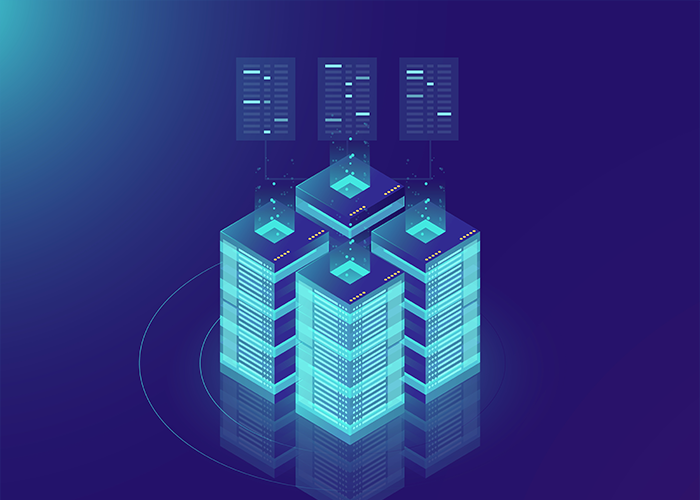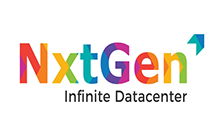
Data Center

Because of this steadily increasing data, there is an urgent need for up-gradation and changes in the data centers to meet the rising demands. This increasing demand, along with the need for performance, agility, and security for applications and data, has set a platform for data centers to progress towards a new process in the world of IT, seeking a high level of efficiency.
Thus, it is necessary to have a data center that stands robustly on the pillars of customer and business expectations. Hence, to future-proof data center networks, IT teams need to come up with a powerful and effective amalgamation of the right technologies and sustainable investment strategies.
Cloud Computing
The most common meaning of the term cloud computing refers to the delivery of scalable IT resources over the Internet as opposed to hosting and operating those resources locally. Cloud computing enables your company to react faster to the needs of your business while driving greater operational efficiencies. There is no doubt that the cloud has completely transformed the nature of how we operate in our daily lives. The most significant impact in its early years was on the telecommunication industry with VoIP services’ introduction as a better alternative to traditional phones.
The cloud has also changed how we pay for products and services with usage-based pricing models and software-as-a-service. It made our IT infrastructure faster, cheaper, and easier to use. The introduction of multi-cloud architectures has been another game-changer, with 84% of all enterprises having a multi-cloud strategy.

What should we expect for the future of Cloud Computing? As enterprise 5G roles out, Cloud Computing will see significant improvements with faster downloads and less lag time. With more companies adopting a remote working model, the value of centralized data centers diminishes and the cloud adoption rate will continue to increase.




